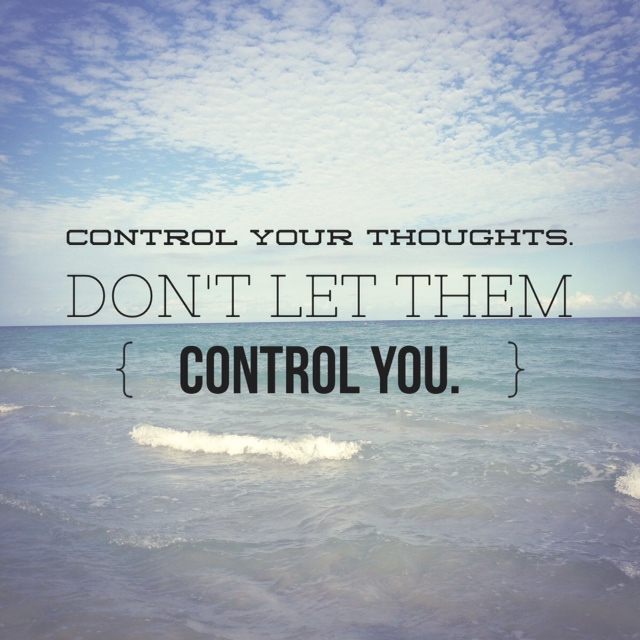By now, it’s generally accepted that technology is changing our attention spans. It’s promotes multi-tasking and we’re constantly connected — only a swipe and tap of a screen away from a world of information and interactions.
Do you find it hard to concentrate? Perhaps you’re supposed to be working on a writing project, but you hop over to Twitter or Facebook and suddenly an hour of your day has disappeared into a black hole … the opposite of productivity.
 Personally, it was becoming harder and harder to stay focused on just one task. Add in the fact that I’m not a great sleeper and I knew I wasn’t reaching my maximum productivity levels.
Personally, it was becoming harder and harder to stay focused on just one task. Add in the fact that I’m not a great sleeper and I knew I wasn’t reaching my maximum productivity levels.
When reading Ashley Judd’s All That is Bittersweet (highly recommend, by the way!), I was intrigued by her discussion around mindfulness and how it helped her deal with her struggles. According to Psychology Today:
Mindfulness is a state of active, open attention on the present. When you’re mindful, you observe your thoughts and feelings from a distance, without judging them good or bad. Instead of letting your life pass you by, mindfulness means living in the moment and awakening to experience.
Mindfulness is experiencing its 15 minutes of fame right now. In fact,
Mindfulness has been featured recently on the cover of Time magazine, at theWorld Economic Forum at Davos, in The New York Times and in just about every yoga studio around the globe. Google is holding mindfulness conferences, and so are General Mills and Twitter. Celebrities like Goldie Hawn, Lena Dunham and Kobe Bryant are singing its praises. Mindfulness experts like Jon Kabat-Zinn are more popular than ever.
Why is this concept so popular now? Perhaps it’s because we’re all collectively realizing that we’ve spent the last few years like ping-pong balls, bouncing between experiences, networks, conversations — all the while constantly thinking about how and when to share each moment with our online networks. It’s draining.
Enter mindfulness.
Whether you’re a serious student or a dabbler, the benefits are hard to ignore. After a particularly tough week, I decided to take action. Ironically, this involved downloading an app. Mindful, available in iTunes, provides a 10-day series of exercises to train your body and your brain. In addition to the daily practices, it also includes a range of exercises that can be completed at any time, from body scans to breathing exercises. My favorite part of the app is the nightly checkin. Each night, in an attempt to shut off your brain and gain closure on the day, you rate your stress, energy, level of concern and attitude for the day. You can also log anything nagging or hanging over your head and some quick steps to put it to rest for the time being.
Remember I said I don’t sleep well? I’ve been using this app for just eight days and I’m already noticing significant improvement in my sleep. Plus, my ability to focus during the day is strengthened, so I’m getting more done in less time — a major benefit, if you ask me!
Do you have problems shutting off your brain at night? Or trouble focusing one on thing during the day? Perhaps something as simple as a little mindfulness can help you refocus. Control your thoughts, don’t let them control you.
There are LOTS of apps to promote mindfulness in the app store. This just happens to be the first one I downloaded. If you’ve tried others, share them in the comments. I’d love to check out some other excellent apps!
